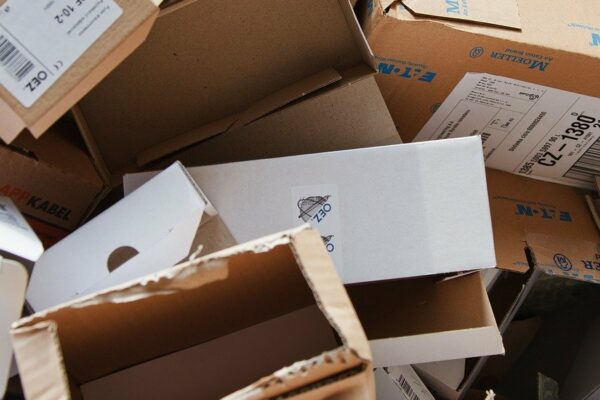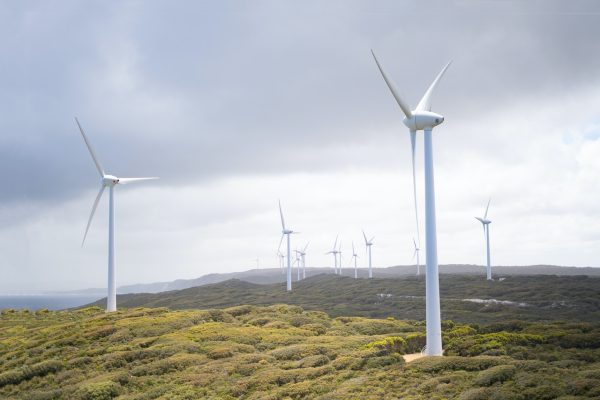Tackling Rising CO2 Emissions for Businesses
Tackling rising CO2 emissions is an important topic for businesses in the face of climate change. Whether you run fleet vehicles, rely on deliveries or you’re simply driving to and from work, many of us are on the lookout for ways to reduce our fuel usage, especially with rising costs. And this applies to any company carrying out repairs, which requires the supply of time-critical spare parts to field engineers. So, who can you reduce your road emissions?
Commuter emissions
Nowadays, we’ve all come to take our vehicles very much for granted, and the average person does not find it easy to make changes to the way they undertake journeys. Most commuters tend to use their own cars, even when several of them are heading in the same direction, day in, day out. This may not seem bad in isolation, but it means that around 47 million driver seats remain empty during every single rush hour.
Commuter emissions are referred to as Scope 3, and although they represent 18 billion kg of CO2 emissions each year, that only represents 5% of the UK’s total. When the Department for Transport checked into the figures, they discovered solutions weren’t too far away. Reducing single occupancy car journeys by as little as 10% would result in a saving of 500,000 tons of CO2 every single year. But covid put paid to company car share pools.
Business logistics emissions
So, if commuter journeys account for just 5% of CO2 emissions, it’s deliveries and logistics that make up the bulk of the remainder. Although some workers are able to walk, cycle or take public transport to work, or share a lift with colleagues, that’s certainly not true for parcels, packages and spare parts. In most cases, goods and supplies need to be delivered as quickly as possible to keep your business running smoothly.
But just imagine the amount of CO2 and other pollutants being released into the atmosphere for large vans and HGVs! These vehicles damage road surfaces, contribute to traffic jams and delays, and very often use huge amounts of fuel to transport minor loads. Asides from the fact we think small vehicle deliveries are better for everyone, including the planet, it also means your deliveries can get to you faster and more cheaply.
Our drivers avoid rush hour jams, driving through the night to provide a speedy and efficient In Night distribution service. If your field service technicians want to get straight onto their first job of the day with everything ready and waiting for them, choose our In Boot service. And save yourself unnecessary warehousing costs with our Just In Time service too.
When it comes to CO2 emissions and volatile fuel prices, it’s never been more important to trim your business costs. And that means finding a smart delivery solution that fits your needs perfectly. Here at GenRev, we have a range of options for your business.
If your business is looking to improve its delivery strategy, contact us to find out more about our In Boot, In Night and Just in Time services.



